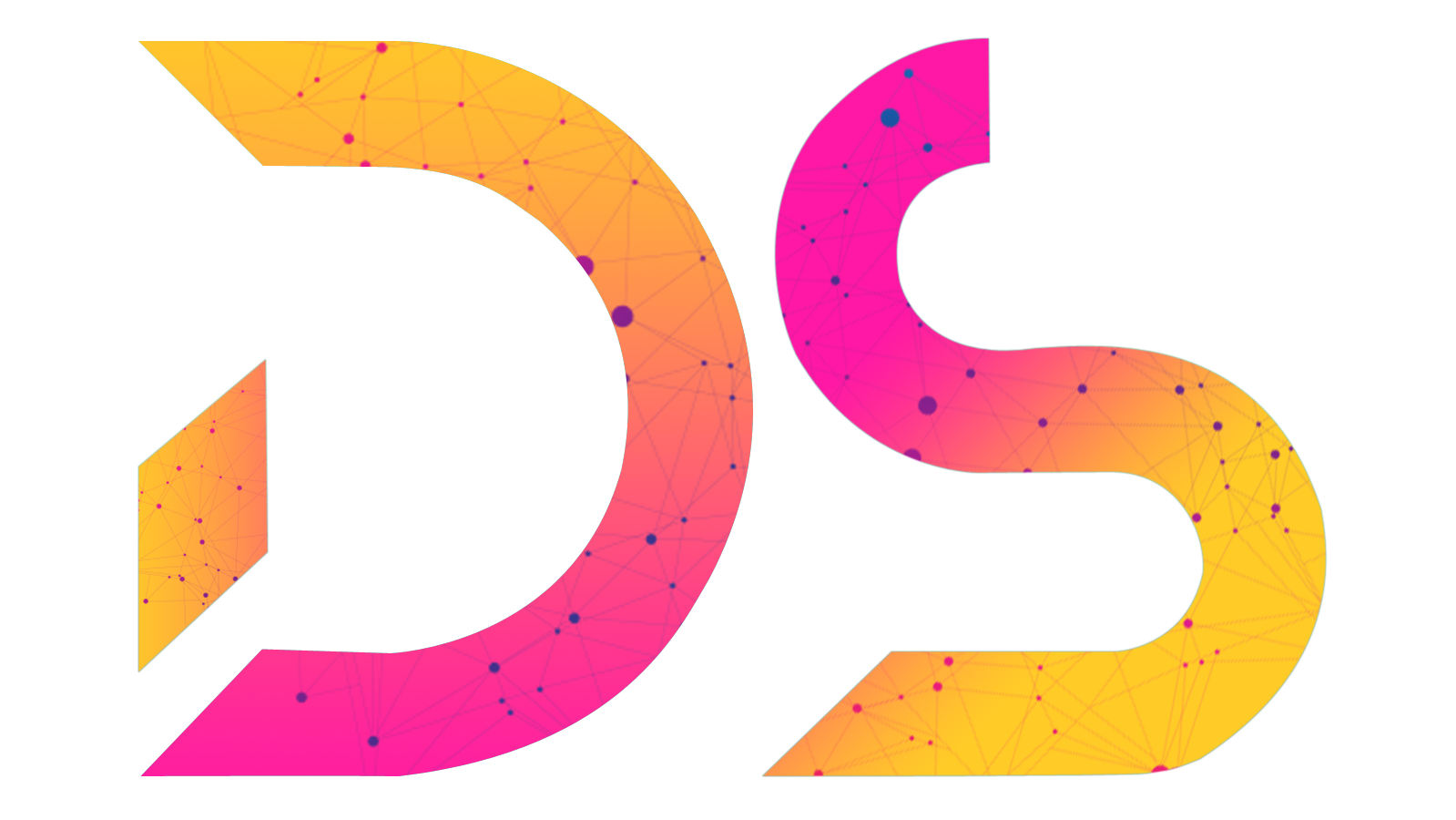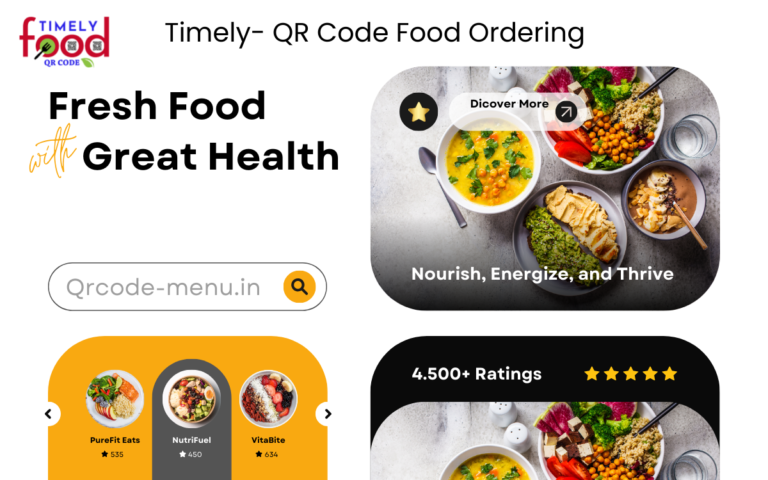How to Choose Best Platform for Mobile or Web app Without Tech Knowledge
Choose Best Platform for Mobile or Web app Without Tech Knowledge
Choosing the right platform for your mobile or web app is like a maze. When I first faced this, my head was spinning. I didn’t know the difference between code languages or what “cross-platform” meant. Should I pick something easy but limited? Or something powerful but complicated? It was confusing because websites promised simple tools, yet I worried if they’d meet my needs. Like many non-technical founders, I felt stuck between wanting control and fearing complexity. The main challenge is understanding your options and what fits your budget, timeline and future goals.
Mobile and Web Apps Are Different
One major confusion was not knowing how mobile apps differ from web apps. Mobile apps are downloaded on phones and can use device features fully, like camera or GPS. Web apps run in browsers and don’t require installation but might be slower or limited offline. I had to learn that native mobile apps offer smoother user experiences, but web apps are easier and cheaper to build and update. For those without coding skills, web apps might be the safer starting point, while mobile apps need more investment but can grow your business better over time.

What “Cross-Platform” Means and Why It Matters
I heard many tools say they build cross-platform apps, but what does that really mean? It means the same app works on Android, iPhone and web browsers, reducing time and cost. Platforms like Flutter and React Native help developers do this. For a non-tech person, choosing a cross-platform tool is good because you get more reach without paying twice. However, some cross-platform apps can compromise speed or features. So understanding your app’s goals is vital—are you building a simple service or a complex tool? This decides if cross-platform suits your needs.
Budget and Hidden Costs
Budget was a big concern. Some platforms offer low upfront costs but sneak in fees for add-ons or scaling users. I learned cloud hosting, updates, security and support can add unexpected expenses. Choosing a low-code or no-code builder like Appy Pie or BuildFire can be wallet-friendly initially. But if your app grows, migrating or customization might cost more. So, it’s smart to ask: What are the ongoing expenses? Does the platform offer support? Will you need help as your app evolves? Being clear on these saved me from surprises later.
**How to Evaluate Features for Your Needs?I made a list of what I needed: ease of use, customization, scalability, support and integration with tools like payment gateways or email marketing. Checking reviews and ratings helped me find platforms like Mendix and Alpha Anywhere that balance power and simplicity. Platforms with drag-and-drop builders are good for non-coders. Look for platforms that allow easy data connections, good analytics and security. The right features mean your app works and grows without technical headaches.
Learning Curve and Support Are Key Factors
One major worry I had was learning how to use the platform. Some tools require technical knowledge that I just didn’t have. Others offered community forums, tutorials, or live support, which made me comfortable. When deciding, I prioritized platforms that helped beginners with clear guides or customer support. Digicane Systems always stresses that non-technical founders should pick a platform with easy onboarding and accessible support. This lets you focus on your business idea, not on wrestling with code.
Picking a Platform That Grows with Your Business
My biggest fear was choosing a platform that works now but traps me later. The wrong choice can mean rebuilding your app from scratch when you expand. I found it helpful to think about future needs: Will you add new features? Will your user base grow big? Does the platform integrate with other tools you might need? Choosing scalable platforms like Flutter or Mendix allows you to start simple but add complex features later. Digicane Systems advises planning for growth to avoid costly switches.
Security and Compliance Matter More Than You Think
Security was a topic I didn’t consider at first. But for web apps handling user data or payments, it’s crucial. I learned to check if platforms offer encryption, data backups, and meet legal standards like GDPR. Some platforms promise “enterprise-level” security, which can cost more but protects your business reputation. For peace of mind, picking a platform with strong security features is a smart move, especially if you handle sensitive information.
Real-Life Solutions for Non-Technical Founders
Here’s what helped me and could assist you:
- Start with no-code or low-code platforms like BuildFire, Appy Pie, or Mendix for easy set-up.
- Choose platforms with strong customer support and tutorials to reduce the learning curve.
- Pick cross-platform tools if you want to reach mobile and web users without double effort.
- Plan your budget including hidden costs like apps’ updates, hosting, and premium features.
- Think about scaling by selecting a platform that allows growing complexity.
- Prioritize security features to protect data and build trust.
- Test small projects first before committing to a full app build.
Digicane Systems suggests these practical steps to save you frustration and money while making a smart tech choice.
Final Thoughts
Choosing a platform can feel overwhelming for a non-technical founder. But with clear priorities and research, it becomes manageable. Knowing your Mobile app’s purpose, budget, and growth plans makes selecting the right platform simpler. Use tools that offer ease, support, and scalability. And always ask questions about costs and security. You don’t need to be a coder to make an informed decision. With the right guidance, you can launch your mobile or web app confidently and focus on growing your business.
Top 10 Frequently Asked Questions (FAQs)
- What is the easiest platform to build a mobile app without coding?
No-code platforms like Appy Pie and BuildFire offer drag-and-drop builders ideal for beginners. - Should I build a mobile app or a web app first?
Start with a web app for broader access and lower cost, then consider mobile apps as you grow. - What is cross-platform app development?
It means creating one app that works on multiple systems like Android, iOS, and web browsers. - Are there hidden costs in app development platforms?
Yes, watch for fees related to hosting, updates, premium features, and scaling users. - Can I switch platforms later if I am unhappy?
Switching is possible but can be costly; plan for growth to avoid major changes. - How important is app security in choosing a platform?
Very important if you handle user data or payments; always choose platforms with strong security. - Do I need technical skills to use low-code platforms?
Minimal skills are required; these platforms are designed for users with little or no coding knowledge. - How do I know if a platform offers good support?
Look for live chat, tutorials, community forums, and good customer reviews. - Can cross-platform apps match native apps in performance?
They are close but may have small performance trade-offs depending on the app’s complexity. - What features should a beginner look for in a platform?
User-friendly interface, customization, scalability, support, and integration options are key.




